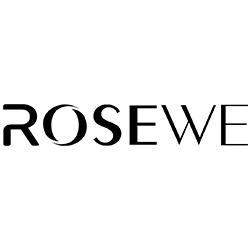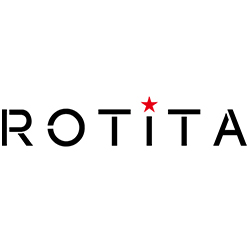If everyone in the room at your workplace is vaccinated, you don’t have to wear face coverings and you can skip socially distancing after July 31, according to revised state guidelines to be voted on Thursday.
Those are some of the takeaways as California workplace safety regulators have updated the rules on what companies must do to protect employees from the coronavirus at work.
The draft rules, issued Friday, come after the California Division of Occupational Safety and Health — or Cal/OSHA — Standards Board issued sweeping changes around masking, social distancing, testing and notification of workers potentially exposed to the virus at work late last year, bringing them in line with rules for protecting health care workers from airborne diseases.
“If everyone’s vaccinated, it will feel more normal” at most workplaces, said Elena Hillman, a senior counsel at Cozen O’Connor in San Francisco.
Both she and Michele Ballard Miller, chair of the West Coast labor & employment practice at Cozen O’Connor, said that the proposal’s language was confusing, meaning that many employers may need help to ensure they comply with the rules.
The board was expected to vote on updated rules last week but paused to further tweak them in line with evolving guidance from federal authorities such as the Centers for Disease Control and the changing statewide picture around the virus and vaccines.
Cal/OSHA’s standards board will meet Thursday to vote on the proposal. Here are some of the details to be considered.
Masks and social distancing
The proposed rules would require employers to “provide face coverings and ensure they are worn by employees over the nose and mouth when indoors, when outdoors and less than six feet away from another person.” Exceptions include fully vaccinated people when they are outdoors and don’t have symptoms, as well as when everyone in a room is fully vaccinated and do not have COVID-19 symptoms.
However — and it is a big however — when unvaccinated workers are present, the rules imply that everyone in a room must wear a face covering, even the vaccinated people.
“Clearly this is a move to make it more difficult to not be vaccinated,” Miller said.
That leaves it up to companies to ask and track which employees are and aren’t vaccinated. In Santa Clara County that is now mandatory for all companies, a step other Bay Area counties in the state’s yellow tier have yet to take.
The proposal says that workers must still socially distance until July 31, unless they are wearing respirators.
Companies would still be required to instruct people on the importance of social distancing and mask wearing at work to prevent the spread of the virus. Social distancing also has to continue for employees who fall under an exception to mask wearing, unless they are fully vaccinated or getting tested for the virus at least once a week at a company’s expense.
All employees who are not fully vaccinated have to be provided protective respirators, like N95 masks, for voluntary use at work. Companies must train workers on how to properly fit the masks to their face. Some employers groups have protested that as time consuming and costly, especially for companies with large workforces.
Testing and notification
Requirements for employee testing when multiple infections or an outbreak occur at a worksite are largely the same. Businesses have to make free testing available to employees who may have been exposed to an infected person at work. Vaccinated people are also exempt from that requirement as long as they do not have any symptoms.
Companies also have to make no-cost testing available to employees showing symptoms of the virus.
Along with a separate state law requiring businesses with COVID-19 cases to notify their employees and health authorities, the proposed new rules would require an employer to give written notice that people at a worksite may have been exposed to COVID-19. That also has to be done within one business day of the time the employer knew or should have known about a case.
The rules also don’t prevent cities, counties and other localities from instituting stricter health mandates, leaving the door open for flexibility if virus cases spike in a particular location or workplace.
Chase DiFeliciantonio and Carolyn Said are San Francisco Chronicle staff writers. Email: chase.difeliciantonio@sfchronicle.com, csaid@sfchronicle.com Twitter: @ChaseDiFelice, @csaid


